Gazprom stated that Bulgaria's Bulgargaz and Poland's PGNIG companies did not pay in rubles for April shipments and stopped gas shipments to these countries.
Gazprom stops natural gas deliveries to Poland and Bulgaria
EU accuses Russia of 'blackmailing' gas flow to Poland and Bulgaria
According to information compiled from international sources, Poland and Bulgaria's long-term contracts with Gazprom will expire at the end of this year.
PGNIG's long-term gas contract with Gazprom will expire in December. It was previously stated by the Polish authorities that the agreement in question, also known as Yamal, would not be renewed.
After the cessation of natural gas flow, Polish Climate Minister Anna Moskwa said that Poland has been carrying out diversification strategies for years to reduce its dependence on Russian energy resources and that they are ready for such a situation. Moskwa had noted that there would be no shortage of gas in homes in Poland.
Aiming to end its dependence on Russian gas this year, Poland has many alternatives for natural gas imports.
Poland meets half of its annual gas demand of approximately 21 billion cubic meters from Russia. PNGIG announced that it made 53 percent of its gas imports from Gazprom in the first quarter of this year.
PGNIG announced that the underground gas tanks are almost 80 percent full and demand is falling as summer approaches.
In addition, Poland can receive up to 6 billion cubic meters of gas annually through the liquefied natural gas (LNG) terminal in Swinoujscie on the Baltic Sea coast. The terminal capacity is planned to be increased to 8.3 billion cubic meters in 2024.
On the other hand, the pipeline known as the "Baltic Line" with an annual capacity of 10 billion cubic meters, which will transmit Norwegian gas to Poland, will be put into service on 1 October.
Poland has been involved in pipeline projects with its neighboring countries within the scope of the Trans-European Energy Networks (TEN-E) policy, which aims to connect the energy infrastructure of EU countries. Through these lines, Poland will be able to exchange gas up to 2.5 billion cubic meters per year with Lithuania, 1.5 billion cubic meters annually with Czechia, and 5-6 billion cubic meters with Slovakia.
Bulgaria's options are more limited
Bulgaria, whose gas storages currently have an occupancy rate of 18 percent, seem to have more limited options in finding an alternative to the natural gas it buys from Russia.
With an annual gas consumption of approximately 3 billion cubic meters, Bulgaria imports more than 90 percent of its needs from Russia. The contract will expire this year, with gas flowing to Bulgaria via the Turkish Stream pipeline. Deputy Prime Minister Asen Vasilev stated that there will be no talks with Russia to renew the contract.
Stating that it has taken steps to find an alternative in natural gas supply after the news that the gas flow from Russia was stopped, the Bulgarian administration announced that there is no need for any restriction in gas consumption for now.
Energy Minister Alexander Nikolov said that Bulgaria is ready to import LNG via Turkey and Greece and that they want to increase the amount of gas it currently receives from Azerbaijan.
Bulgaria has agreed to import 1 billion cubic meters (bcm) of Azerbaijani gas via the Interconnector Greece-Bulgaria (IGB) pipeline through Greece, but due to delays in the construction of the pipeline, Bulgaria cannot receive this amount.
The Bulgarian Ministry of Energy claimed that the obligations under the current contract were fulfilled and that Russia's request for payment in rubles was a violation of the existing contract.
Gazprom had announced that gas flows to Poland and Bulgaria would be closed until payment was made in rubles.


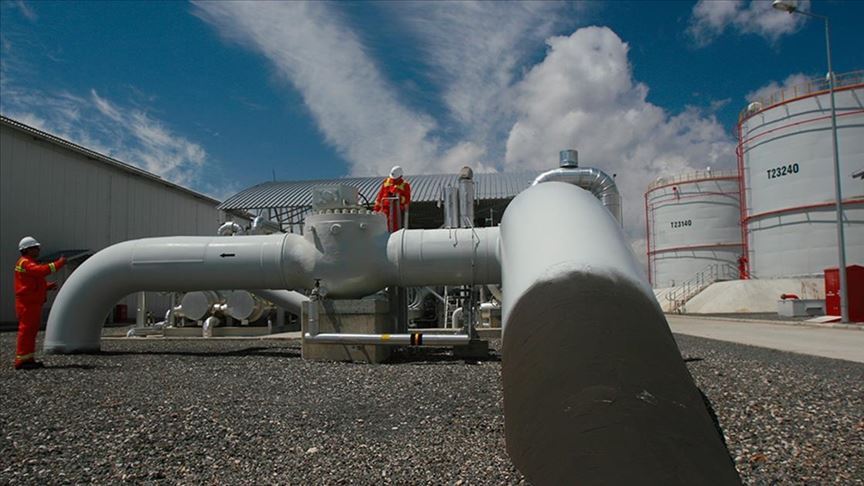


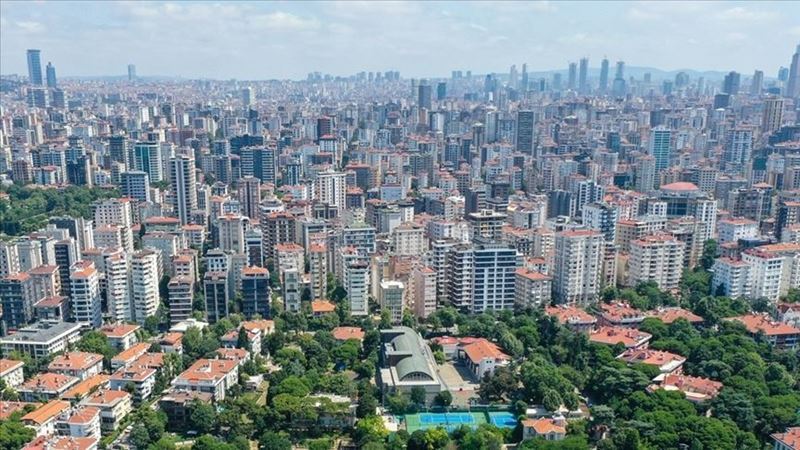
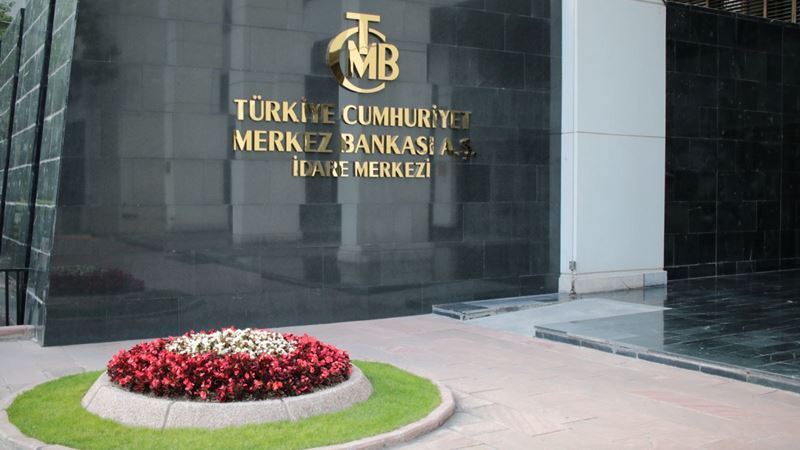
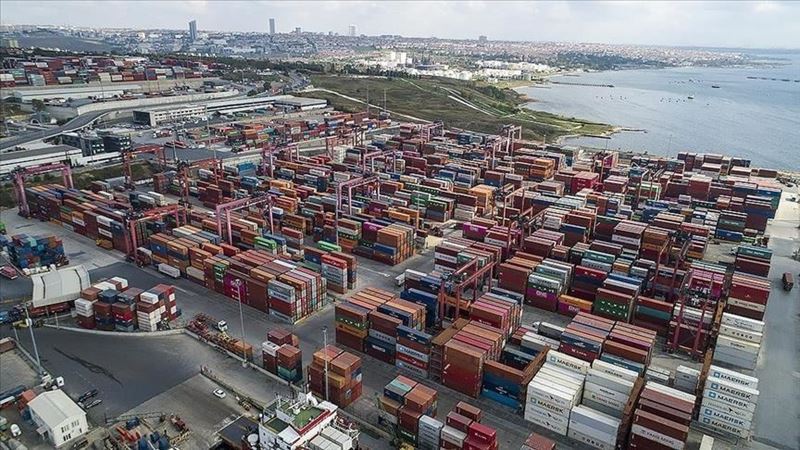
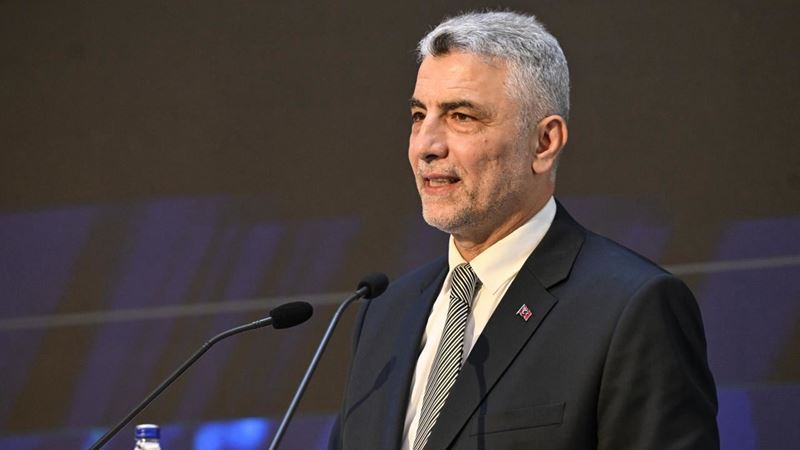


Comments
No comment yet.